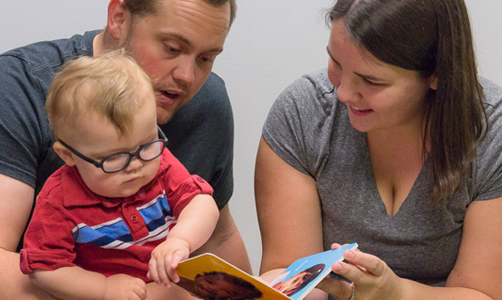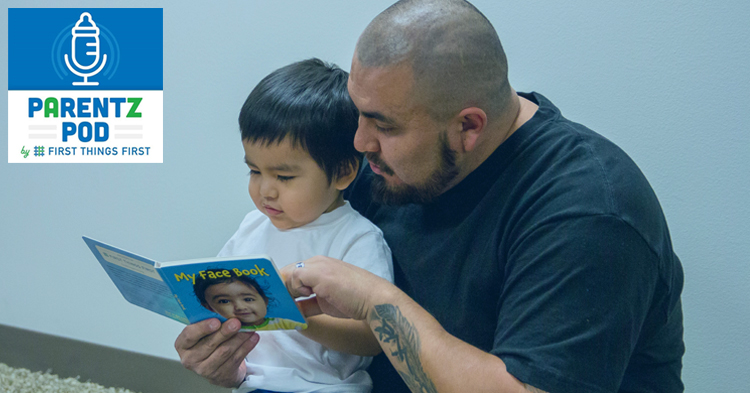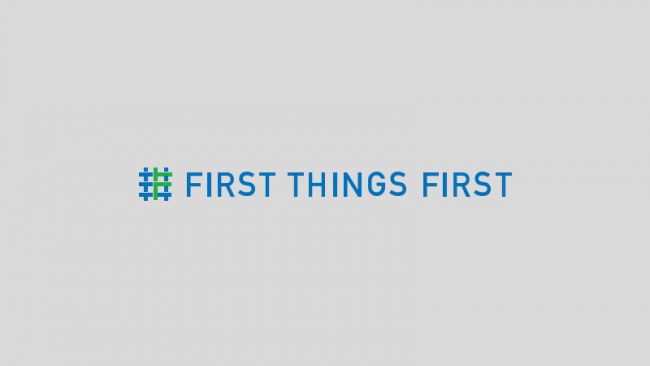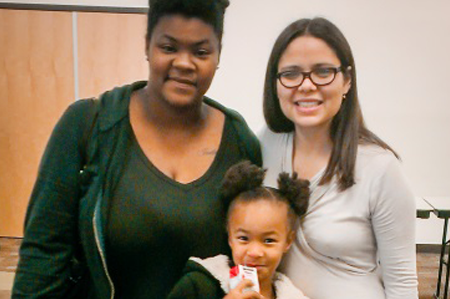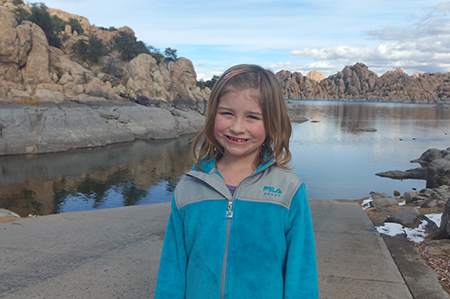Supporting literacy and language development has been identified by many regional councils as important for promoting school readiness. The intent of the Literacy Strategy is to provide opportunities for children from birth to age 5, not enrolled in kindergarten, and their families to support their development of language and a love of reading.
Regions funding this strategyFeatured Stories
Funding Plan Highlights
Coconino
Through continued partnership with LAUNCH Flagstaff, the regional council is able to advance the early education system of Flagstaff. In State Fiscal Year 2019, LAUNCH Flagstaff was selected as a Read On Arizona Acceleration Zone. As a result, LAUNCH’s executive director received training in the LECTIO literacy program analysis tool, which was subsequently used to form a literacy coordination team comprised of representatives from the Flagstaff Library, the Literacy Center, Flagstaff Unified School District, Northern Arizona University, Parenting Arizona, the Coconino County School Superintendent’s Office, First Things First, the Association for Supportive Child Care, United Way of Northern Arizona and Reach Out and Read. The team has completed an initial program analysis of the literacy landscape in Flagstaff and is determining strategies for improved alignment and coordination of these existing resources in conjunction with the Flagstaff Unified School District’s literacy plan.
Pascua Yaqui Tribe
The regional council wanted to increase families’ awareness of the importance of early childhood development and support early literacy, language acquisition and tribal heritage learning opportunities. For State Fiscal Year 2021, this strategy will build upon the current programming that is offered through the tribal library and will offer additional resources and books distributed to families through an innovative approach. The intent is for library staff to work in partnership with non-traditional early child care and education tribal staff, such as housing department staff who have trusted relationships and who work closely with families in the community, including working with families within their homes.
Pima South and Pima North
The Make Way for Books organization utilizes The Story Project and Raising a Reader programs in the Pima South and Pima North regions through the Language, Communication and Literacy and Parenting Education Strategies. The Story Project, is a comprehensive consultative model with established early childhood curriculum, practices and programming to address quality improvement effectively in early childhood programs and promote meaningful, effective literacy and language instruction among participating early childhood educators. The Story Project provides ongoing professional development opportunities, individualized coaching and technical assistance. Participants receive skills and tools they need to provide quality early literacy and language interactions and experiences for the children they are serving. Newly linked in the current funding cycle, as a secondary strategy of Parenting Education, Make Way for Books is implementing the evidence-based Raising a Reader program. This program takes place as a four-week parenting education series that empowers parents to support their child’s emergent literacy and language development. Parents engage in meaningful activities with their children that promote vocabulary development, comprehension, book handling skills, phonological awareness, print concepts, emergent writing, alphabet knowledge and other language skills.
Yuma
Our Parent Outreach and Awareness Strategy provides a train the trainer model for literacy. The model trains preschool teachers and kindergarten teachers. The teachers deliver a literacy workshop series to future families and children, in both English and Spanish.
LECTIO Tool: In collaboration in with Read on Yuma (lead By FTF Regional Director), we have mapped all of the current programs and our efforts using the LECTIO tool. Read on Yuma will be focusing on bringing awareness to the importance of early literacy using the Smart Talk campaign.
Find more details about strategies related to Language, Literacy and Culture in the FTF Strategy Toolkit.


